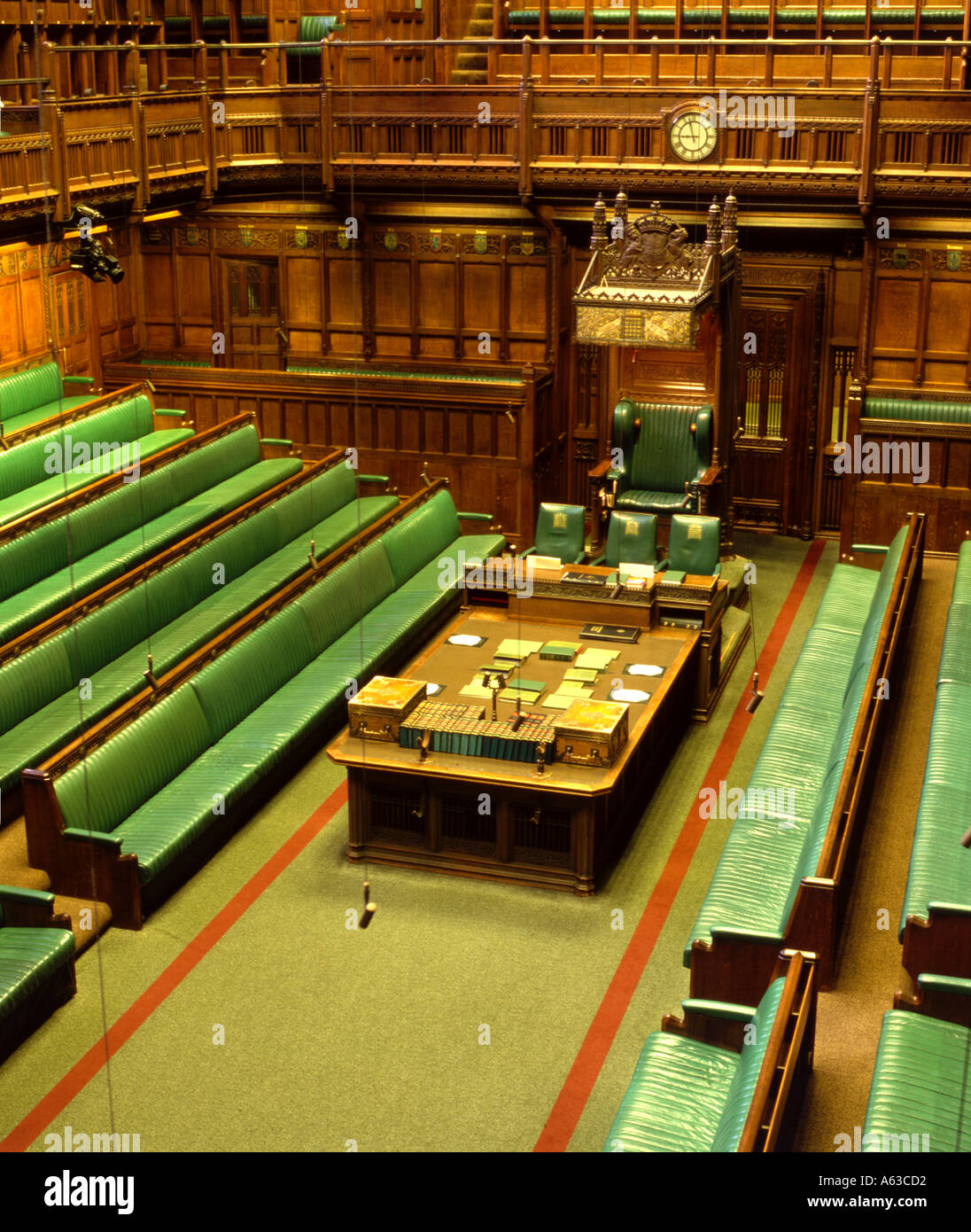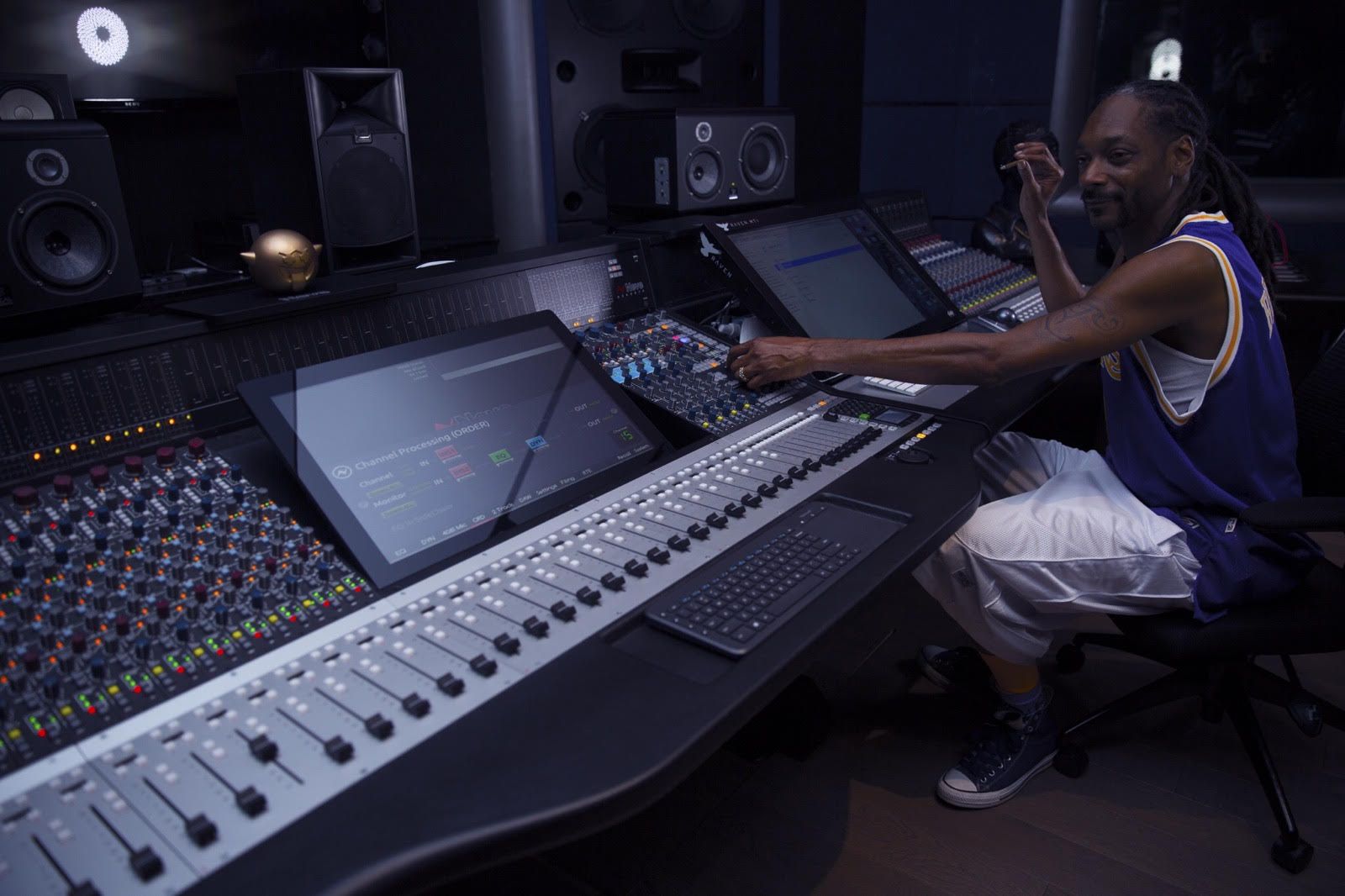Table Of Content

In the past, when relations between the Commons and the Crown were less than cordial, this procedure was used whenever the House wanted to keep its debate private. More often, however, this device was used to delay and disrupt proceedings; as a result, it was abolished in 1998. Now, Members seeking that the House sit in private must make a formal motion to that effect. Public debates are broadcast on the radio, and on television by BBC Parliament, and are recorded in Hansard. The red lines in front of the two sets of benches are said to be two sword-lengths apart; a Member is traditionally not allowed to cross the line during debates, for he or she is then supposed to be able to attack an individual on the opposite side. Government ministers and important Opposition leaders sit on the front rows, and are known as "frontbenchers." Other Members of Parliament, in contrast, are known as "backbenchers." Oddly, all Members of Parliament cannot fit in the Chamber, which can seat only 427 of the 646 Members.
The Monarchy Abolished

During the Second World War, the term was temporarily extended to ten years by Acts of Parliament. Modern Parliaments, however, rarely continued for the maximum duration; normally, they were dissolved earlier. For instance, the 52nd, which assembled in 1997, was dissolved after four years. The Septennial Act was repealed by the Fixed-term Parliaments Act 2011, which established a presumption that a Parliament will last for five years, unless two thirds of the House of Commons votes for an early general election, or the government loses the confidence of the House. This was repealed by the Dissolution and Calling of Parliament Act 2022, which restored the ability for the government to call an early election while keeping 5 year terms.
Scrutiny committees
For months journalists have been asking No 10 if the government has found a private company willing to provide planes to take asylum seekers to Rwanda. We will find out soon whether they are now minded to call it a day, whether some of them will fight on but without the support of enough colleagues to outvote the government, or whether they will try at least one more time to get ministers to vote again. As they jousted for the first prime minister’s questions (PMQs) since parliament returned from recess, some of the battle lines for the UK general election that is expected later this year also became clearer.
Stumbling blocks that could still impede Rwanda deportations
Most Conservatives felt strongly that the recent alternation between the main parties ought to be maintained and a Conservative speaker chosen. The most prominent Conservative choices were Sir George Young and Deputy Speaker Sir Alan Haselhurst. With several additional candidates announcing themselves, the total number of Members seeking the speakership was 14, none of whom would withdraw.
House of Lords
The annual salary for a Member of Parliament is ₤84,144, in addition to which they receive allowances to cover the costs of having somewhere to live in London and in their constituency, and of travelling between Parliament and their constituency[4]. For 56 percent of new MPs surveyed in 2010, this was a cut in salary, and for 31 percent of them the cut was £30,000 or more. 82 per cent of them wanted to make politics a long-term career, and 55 per cent aimed to become ministers[5]. The full, formal style and title of the House of Commons is The Honourable the Commons of the United Kingdom of Great Britain and Northern Ireland in Parliament assembled. The term "Commons" derives from the Norman French word communes, referring to the geographic and collective communities of their representatives. It is often misunderstood that "Commons" comes from the word "commoners," referring to those sitting in the House, similar to the way in which the name "House of Lords" indicates that those sitting in the "Other Place" are elevated to the Peerage.
Proceedings on the bill were briefly interrupted by the death of King Edward VII, but were soon recommenced under the new monarch, George V. After the election in December 1910 the Asquith Government secured the passage of a bill to curtail the powers of the House of Lords. The Prime Minister proposed, and the King agreed, that the House of Lords could be flooded by the creation of 500 new Liberal peers if it failed to pass the bill. (This was the same device used earlier to force the Upper House to consent to the passage of the Reform Act 1832.) The Parliament Act 1911 came into effect, destroying the legislative equality of the two Houses of Parliament. The House of Lords was permitted only to delay most legislation, for a maximum of three parliamentary sessions or two calendar years (reduced to two sessions or one year by the Parliament Act 1949). Since the passage of these Acts, the House of Commons has remained the dominant branch of Parliament, both in theory and in practice. When the debate concludes, or when the closure is invoked, the motion is put to a vote.
Renters' Reform Bill gets sign off from MPs - but indefinite delay to no-fault evictions ban remains
On the day of the election, the speaker-elect leads the Commons to the Chamber of the House of Lords, where Lords Commissioners appointed by the Crown confirm him or her in the monarch's name. If a speaker is chosen in the middle of a parliament due to a vacancy in the office, they must receive the royal approbation as described above but does not again lay claim to the Commons' rights and privileges. Until 2001, the election of a Speaker was conducted as a routine matter of House of Commons business, as it used motions and amendments to elect. A member would move "That Mr(s) [X] do take the Chair of this House as Speaker", and following debate (which may have included an amendment to replace the name of the member on whom the speakership was to be conferred), a routine division of the House would resolve in favour of one candidate. There was, however, a considerable amount of behind-the-scenes lobbying before suitable candidates were agreed upon, and so it was very rare for a new speaker to be opposed. Almost all legislation proceeds from the majority party in the Commons, which forms the government and the cabinet; the latter is composed of senior ministers chosen by, and belonging to the party of, the prime minister, nearly all of whom serve in the House of Commons.
Where to live in Los Angeles: A complete guide
Braverman said all the government’s attempts to tackle illegal migration were being thwarted by human rights law. The Strasbourg court has amended their rule 39 procedures in line with the test set out in our Illegal Migration Act. And we’ve put beyond all doubt that ministers can disregard these injunctions with clear guidance that if they decide to do so, civil servants must deliver that instruction and most importantly, once the processing is complete, we will physically remove people. As the UN Guiding Principles on Business and Human Rights underline, aviation regulators, international organisations and business actors are required to respect human rights.

A Speaker-elect cannot take office until he or she has been approved by the Sovereign; the granting of the royal approbation, however, is a formality. The Speaker is assisted by three Deputy Speakers, the most senior of which holds the title of Chairman of Ways and Means. These titles derive from the Committee of Ways and Means, a body over which the Chairman once used to preside; even though the Committee was abolished in 1967, the traditional titles of the Deputy Speakers are still retained.
MPs standing down from the Commons ahead of the next general election - Commons Library
MPs standing down from the Commons ahead of the next general election.
Posted: Mon, 22 Apr 2024 07:00:00 GMT [source]
The work of the House is supported by around 2,900 Members Staff and 1,800 House Staff. Their employer is the House of Commons Commission, whose Chairman is the Speaker of the House. The House Staff provide a range of services that includes the daily production of an edited verbatim report of proceedings of both the House of Parliament, averaging about 160 pages a day, and known as Hansard. A further 880 people are employed by the National Audit Office[9] that scrutinises public spending on behalf of Parliament and is headed by the Comptroller and Auditor General, who is an Officer of the House.
As you explore this part of town, you’ll discover gems like Koreatown, Chinatown, Little Tokyo, and the Arts District. You’ll also find that this is one of the most transit-friendly and walkable neighborhoods in Los Angeles. If you prefer to spend time indoors, you’ll want to check out the mall known as Platform. The space features everything, including boutiques, bars, restaurants, and a spa that focuses on massages. A few of the best spots to get a drink or a bite to eat in Platform include Loqui, which is famous in LA for its delicious Mexican dishes, and Margot, which is renowned for offering cocktails, small plates, and great rooftop views.
Instead of the Speaker, the chairman or a Deputy Chairman of Ways and Means presides. Formerly, if a member sought to raise a point of order during a division, suggesting that some of the rules governing parliamentary procedure are violated, he was required to wear a hat, thereby signalling that he was not engaging in debate. Each year, the parliamentary session begins with the State Opening of Parliament, a ceremony in the Lords Chamber during which the Sovereign, in the presence of Members of both Houses, delivers an address outlining the Government's legislative agenda. The Gentleman or Lady Usher of the Black Rod (a Lords official) is responsible for summoning the Commons to the Lords Chamber. When he arrives to deliver his summons, the doors of the Commons Chamber are traditionally slammed shut in his face, symbolising the right of the Lower House to debate without interference.
The Librarian is head of the House of Commons Library, the House's research and information arm. Early Labour MPs were often provided with a salary by a trade union, but this was declared illegal by a House of Lords judgment of 1910. Consequently a clause was included in the Parliament Act 1911 introducing salaries for MPs. Sittings of the house are open to the public, but the house may at any time vote to sit in private, which has occurred only twice since 1950. Now, members seeking that the house sit in private must make a formal motion to that effect.
Both Houses have in the past met elsewhere, and retain the right to do so, provided the Mace is present. The Recall of MPs Act 2015 created a mechanism for recalling Members of Parliament. Under the act, proceedings are initiated only if an MP is found guilty of wrongdoing fulfilling certain criteria. A petition is successful if at least one in ten voters in the constituency sign. Successful petitions result in the MP vacating the seat, triggering a by-election. Later still the Acts of Union 1800 brought about the abolition of the Parliament of Ireland and enlarged the Commons at Westminster with 100 Irish members, creating the Parliament of the United Kingdom of Great Britain and Ireland.

No comments:
Post a Comment